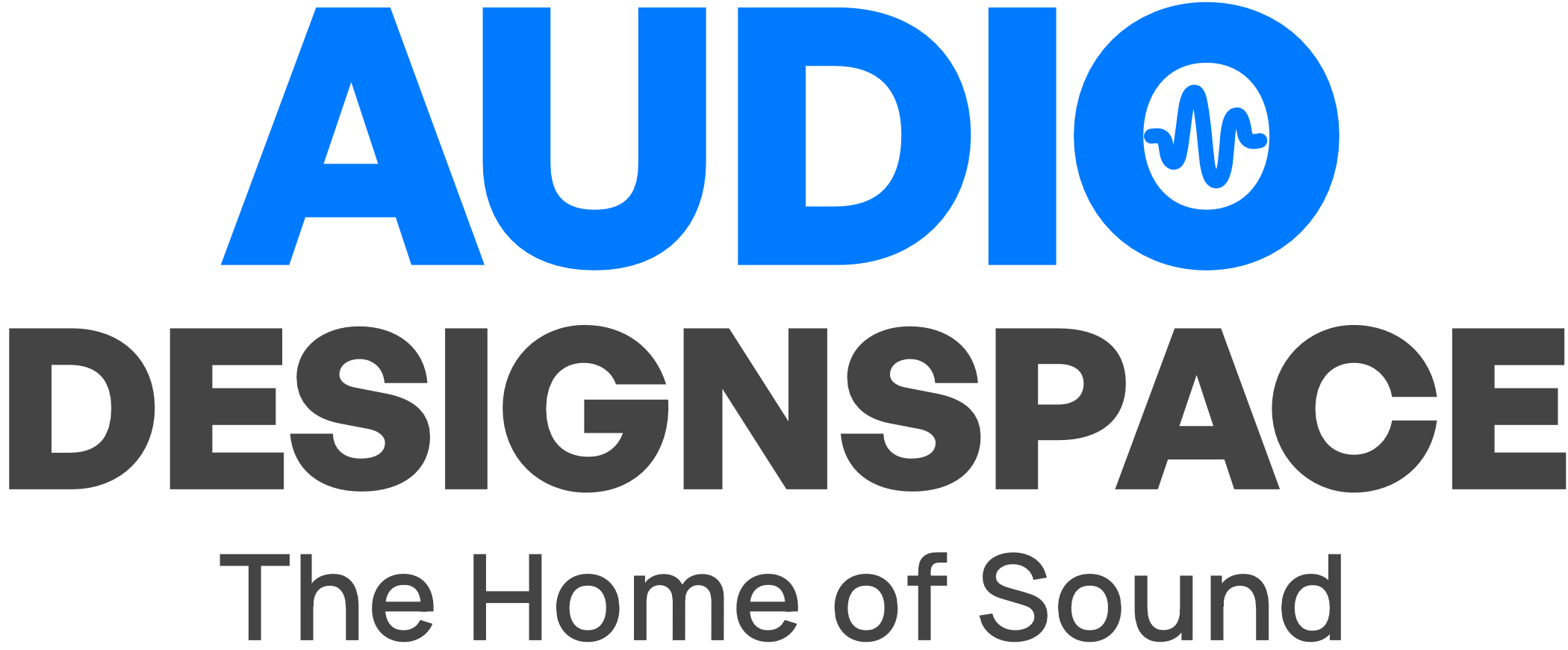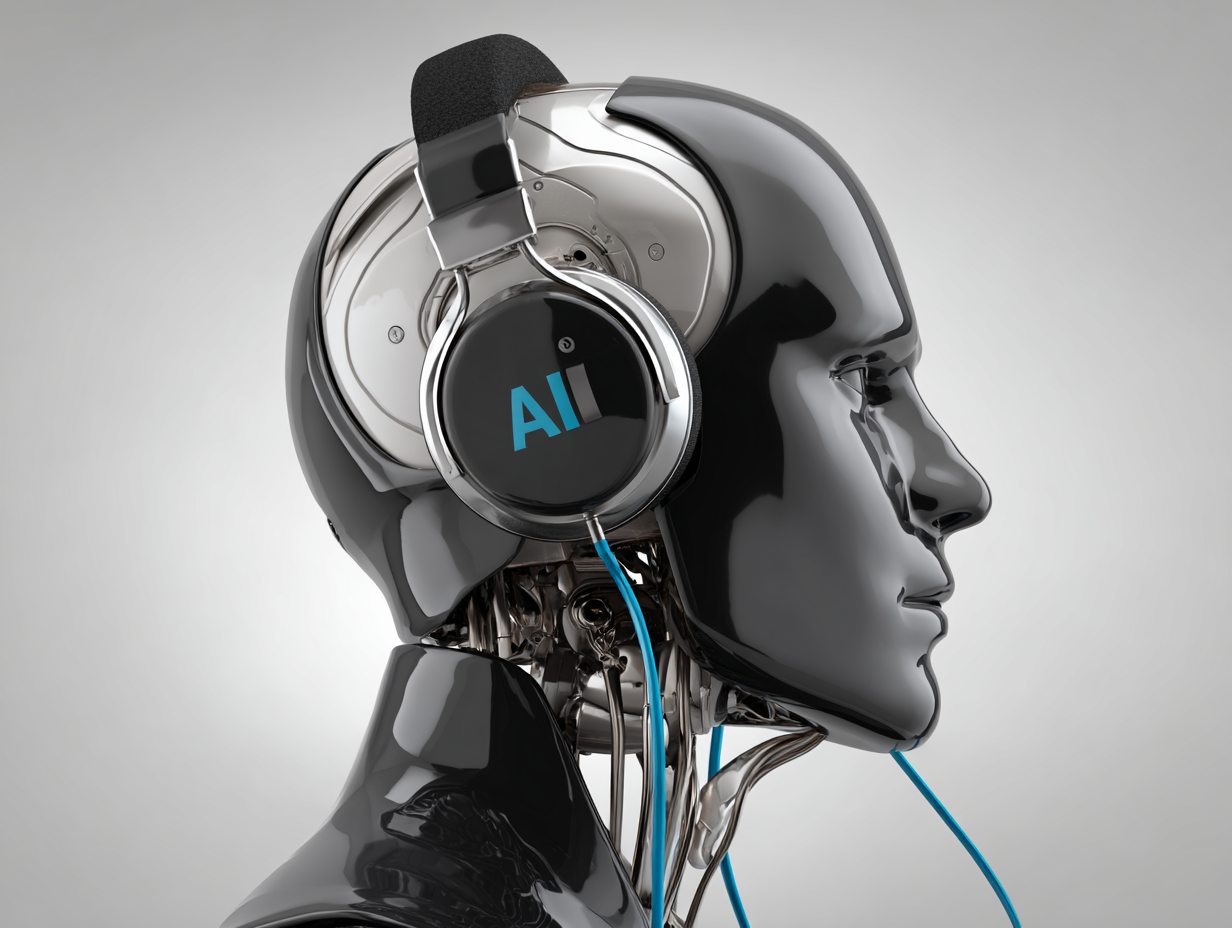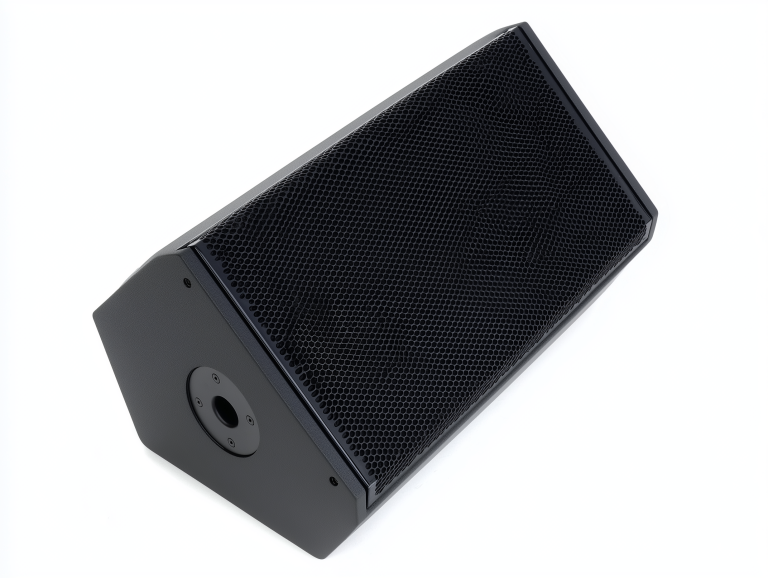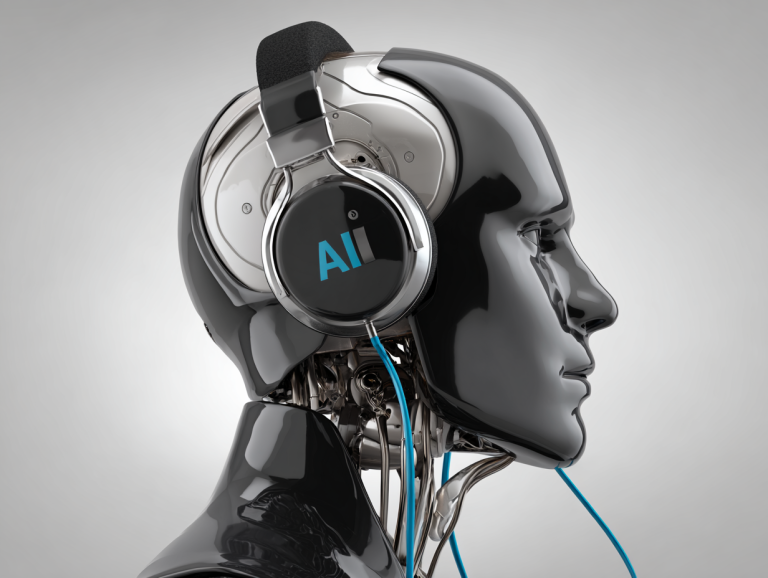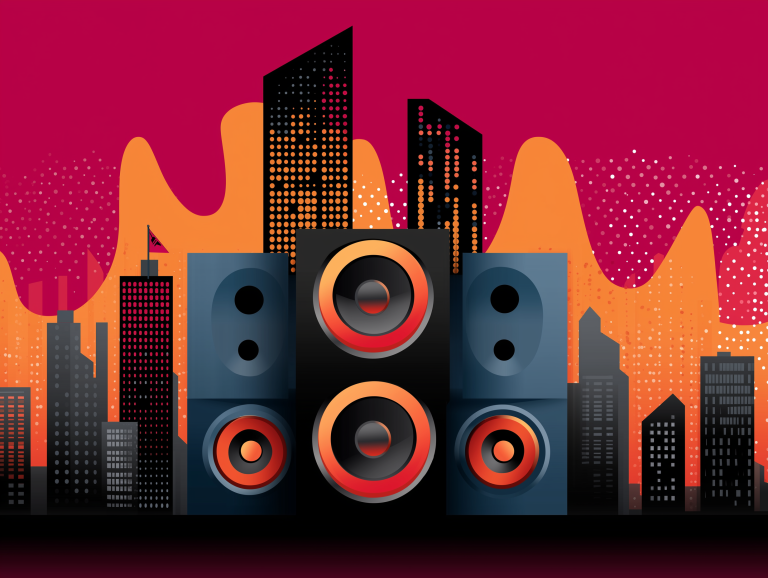Artificial intelligence (AI) and machine learning are fundamentally transforming audio engineering in both studio and live environments. The growing role of AI in audio production is revolutionizing workflows, opening new creative possibilities, and challenging traditional notions of sound engineering. But where is this technology heading in the coming years?
Intelligent Mixing: From Assistant to Creative Collaborator
Currently, AI-powered plugins like Waves CLA Mixdown and iZotope Neutron function primarily as intelligent assistants. They suggest settings, streamline tedious processes, and help users achieve professional-quality results more efficiently than ever before.
The Future of AI in Audio Production
In the future, AI will likely evolve from assistant to creative collaborator. Next-generation tools may not just adjust levels or EQ settings – they could:
- Learn a producer’s unique style and anticipate creative choices
- Generate entirely new musical ideas based on reference tracks or mood descriptions
- Adapt in real-time to mix changes and dynamics
- Function like an additional band member during recording sessions
The line between human and machine decision-making in audio production continues to blur.
Live Sound Engineering: From Real-Time Problem Solving to Predictive Audio Management
In live sound reinforcement, AI is already proving invaluable. Systems that automatically suppress feedback, optimize EQ curves, and handle gain staging in real-time allow sound engineers to focus on the artistic aspects of their work rather than constantly troubleshooting technical issues.
Predictive Audio Management – The Next Revolution
The most significant leap forward could be predictive audio management. Instead of simply reacting to problems like feedback or sudden acoustic changes, next-generation AI could anticipate issues before they occur.
Imagine a system that:
- Monitors environmental data, crowd size, and performance dynamics
- Adjusts mixing consoles or PA systems proactively to prevent problems
- Makes live sound more reliable than ever, even in acoustically challenging venues
- Learns from each venue’s unique characteristics for future performances
Acoustic Analysis and Room Optimization: Tailored Experiences for Every Space
AI-based room analysis and speaker optimization are rapidly becoming mainstream. With just a few measurements and intelligent algorithms, spaces can be analyzed and optimized in minutes rather than hours.
Personalized Audio Environments
The future may bring even more personalized sound environments. With AI assistance, audio systems could dynamically tailor sound based on:
- Individual event requirements
- Specific music genres and styles
- Personal listener preferences and hearing profiles
- Real-time audience feedback and engagement
The concept of “one-size-fits-all” audio reproduction may become obsolete.
Redefining the Role of Audio Engineers
As these tools become more sophisticated, the role of sound engineers is bound to evolve. Rather than spending time on repetitive technical adjustments, engineers can focus on:
- Creative and interpersonal skills
- Interpreting an artist’s vision and intent
- Reading crowd energy and atmosphere
- Making real-time artistic decisions that no machine can fully replicate
Challenges and Balance in AI Audio Production
This technological shift brings challenges:
- Risk of over-reliance on automated algorithms
- Potential loss of fundamental acoustics and mixing principles
- Need for balance: using AI as a tool, not a replacement for expertise
The best results still come from thoughtful integration of human intuition with technological precision.
Where Are We Headed? The Future of AI in Audio
It’s tempting to view AI as a force that will “automate everything” or replace skilled audio professionals. In reality, the future is likely more nuanced and collaborative.
Human Elements Become More Important
While basic audio tasks become increasingly automated, the uniquely human elements of sound become more valuable:
- Creative taste and artistic vision
- Emotional connection and interpretation
- Cultural context and musical understanding
- Client relationships and communication skills
Tomorrow’s Audio Professionals
We’re entering an era where sound professionals need:
- Both technical expertise and deep creativity
- Comfort working alongside intelligent systems
- Ability to embrace and guide new AI tools
- Strong foundation in the art of critical listening
Those who adopt these emerging technologies while staying rooted in fundamental audio principles will shape the sound of the future.
AI Audio Tools and Software: Current Market Leaders
Popular AI Audio Plugins and Software:
- iZotope Neutron: AI-powered mixing assistant with automatic EQ and dynamics
- Waves CLA Mixdown: Intelligent mixing guidance based on professional techniques
- LANDR: AI mastering service for independent artists
- Ozone: AI-powered mastering suite with intelligent processing
- FabFilter Pro-Q 3: Dynamic EQ with intelligent frequency analysis
Live Sound AI Solutions:
- Meyer Sound Galileo: Predictive audio processing for live venues
- L-Acoustics LA Network Manager: AI-assisted system optimization
- Shure Axient Digital: Intelligent frequency coordination
- QSC Q-SYS: Cloud-based audio processing with machine learning
Conclusion: AI Makes Audio Richer, Not Replaceable
AI won’t take over the audio industry – it will make it richer, more dynamic, and ultimately more human. Artificial intelligence in audio engineering opens new possibilities for both professionals and enthusiasts, but human expertise and creativity remain at the core.
The future of audio engineering lies in the intelligent collaboration between human artistry and machine precision. Engineers who embrace these tools while maintaining their fundamental skills will create the most compelling and emotionally resonant audio experiences.
As we move forward, the question isn’t whether AI will change audio engineering – it’s how we can best harness this technology to serve music, artists, and audiences in ways we’ve never imagined before.
This article explores AI applications in audio engineering, machine learning in music production, and the future of sound technology. Content is designed for audio professionals, producers, and enthusiasts interested in understanding emerging technology trends in the industry.
